VADODARA, [23/09/2025] – As the vibrant lights of Navratri shine over Vadodara, a shadow of controversy and discontent looms large over its most celebrated event: the United Way of Baroda (UWB) Garba. For what should be a time of spiritual devotion and communal joy, thousands of participants are instead voicing concerns over ethics, transparency, and the very soul of a tradition they hold dear.
The latest flashpoint occurred just yesterday, as revelers who paid thousands for entry passes found themselves navigating a dangerously muddy and ill-prepared ground, a stark reminder of a similar incident last year where stones on the field led to multiple injuries. These incidents are not isolated; they are the symptom of a much deeper malaise that critics say has been festering for three decades—the systematic commercialization of a sacred cultural heritage.
United Way of Baroda, registered under the Societies Registration Act, 1860, and the Bombay Public Trust Act, 1950, presents itself as a non-profit organization dedicated to community service. It is authorized to receive foreign donations under the FCRA and is listed on the NITI Aayog portal. Yet, for many in Vadodara, its flagship Garba event feels less like a charitable cultural gathering and more like a high-profit commercial enterprise, operating under the veneer of social good.
The transformation began over thirty years ago. Residents recall a time when Garba was a free, spontaneous celebration of faith, where communities danced until dawn without fear or financial barriers. This was the era before the UWB introduced a monetized model, reportedly starting with entry passes priced at Rs. 100 for women and a staggering Rs. 1000 or more for men. This move, critics allege, marked the beginning of the end for authentic, accessible Garba in the city.
This commercial shift, which has now seen ticket prices soar into the thousands, has been enabled, according to activists, by the persistent support of the ruling political establishment in both Vadodara and Gujarat. Allegations have long simmered about a deep-rooted nexus between the organizers, political leaders, and government officials, who are accused of turning a blind eye to public grievances in exchange for a share of the immense profits.
A key concern revolves around financial transparency and ethics. For years, UWB has been accused of issuing "donation" receipts for entry fees, a practice that critics claim is a loophole to avoid entertainment tax. This issue was formally raised on October 5, 2010, when Dr. Rahul Vyas filed a complaint with the Chief Justice of the Gujarat High Court. However, over a decade later, the matter remains unaddressed, leaving citizens to wonder why regulatory bodies remain silent.
At the heart of the spectacle is renowned singer Atul Purohit, whose voice once symbolized the spiritual essence of Garba. Today, many long-time enthusiasts feel he has become a symbol of this commercial erosion, prioritizing financial gain over the devotional spirit that once defined his performances and the festival itself.
The result is a festival that has lost its moral compass. The focus has shifted from devotion to dividends, from community to commerce. The once-safe, all-night celebrations have been replaced by time-restricted, heavily ticketed events where women's safety is a growing concern, and basic amenities are an afterthought. "They charge us exorbitant fees, but what do we get?" asked a frustrated participant yesterday. "A muddy field, risk of injury, and the feeling that our culture is being auctioned off to the highest bidder. Why are government officers silent?"
This situation raises profound questions of ethics, trust, and value. When a non-profit’s primary event generates massive revenue but fails to provide basic safety and facilities, it betrays the public trust. When a spiritual tradition is monetized to a point where it excludes a large section of the very community that nourished it, it severs its cultural roots.
A Call for Justice and a Return to Principles: The growing frustration is now channeling into a call for action. The message from the people of Vadodara is clear: money is not everything. Our heritage is not a commodity. Legal experts suggest that every participant who pays an entry fee for a service is a consumer. When that service—a safe and well-maintained environment—is not provided, they have every right to seek justice. Participants are being urged to file cases against the organizers in consumer court to demand accountability.
This is more than a fight over a muddy field. It is a fight for the soul of Vadodara. It is a plea to restore the values of community, spirituality, and integrity to a festival that has been the heartbeat of this city for generations.
Fight for Justice, Fight for Vadodara: To join the collective effort and reclaim their cultural heritage, citizens are encouraged to connect with the movement for legal action. For guidance and support, visit (http://www.vadodara.live/contact-us) or send a message on WhatsApp to 9409267098. The fight is on to ensure that Navratri is not about profit. Garba once again beats with the pulse of devotion, values and principles, not the ticking of a cash register.
1 thoughts on “When Profit Dances Louder Than Devotion: The Commercial Exploitation of Vadodara’s Garba by United Way of Baroda”
Leave a Reply
Your email address will not be published. Required fields are marked *
RECENT NEWS
- Tarot Horoscope for December 14: Patience and mutual understanding will increase in love for Virgo, Scorpio will be confused
- Accused sentenced to 10 years rigorous imprisonment in rape case The Patan court imposed a fine of Rs 50,000 on the victim. Ordered to pay Rs 4 lakh compensation
- Double murder case complainant's friend attacked in Porbandar: 6 men including Vanraj Keshwala tried to kill him at gunpoint
- Two youths killed in collision between moped and bike near Samli
- Board exams will be held at 75 examination centers in Vadodara city and district



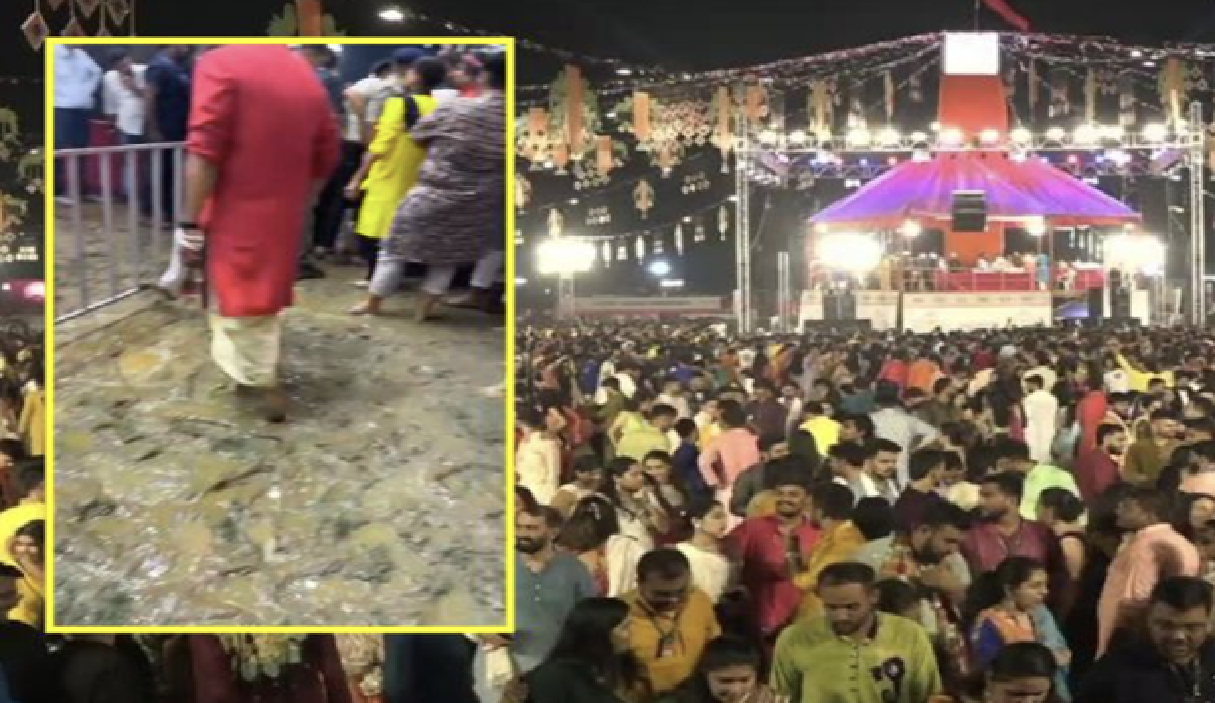
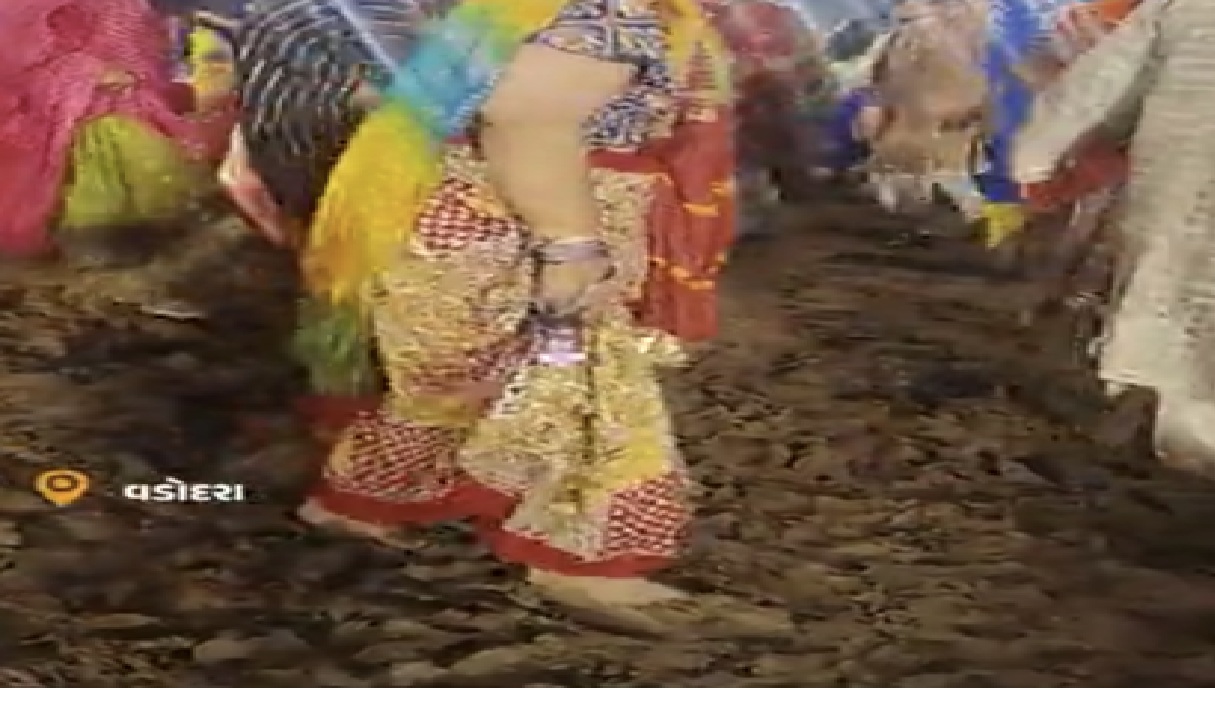
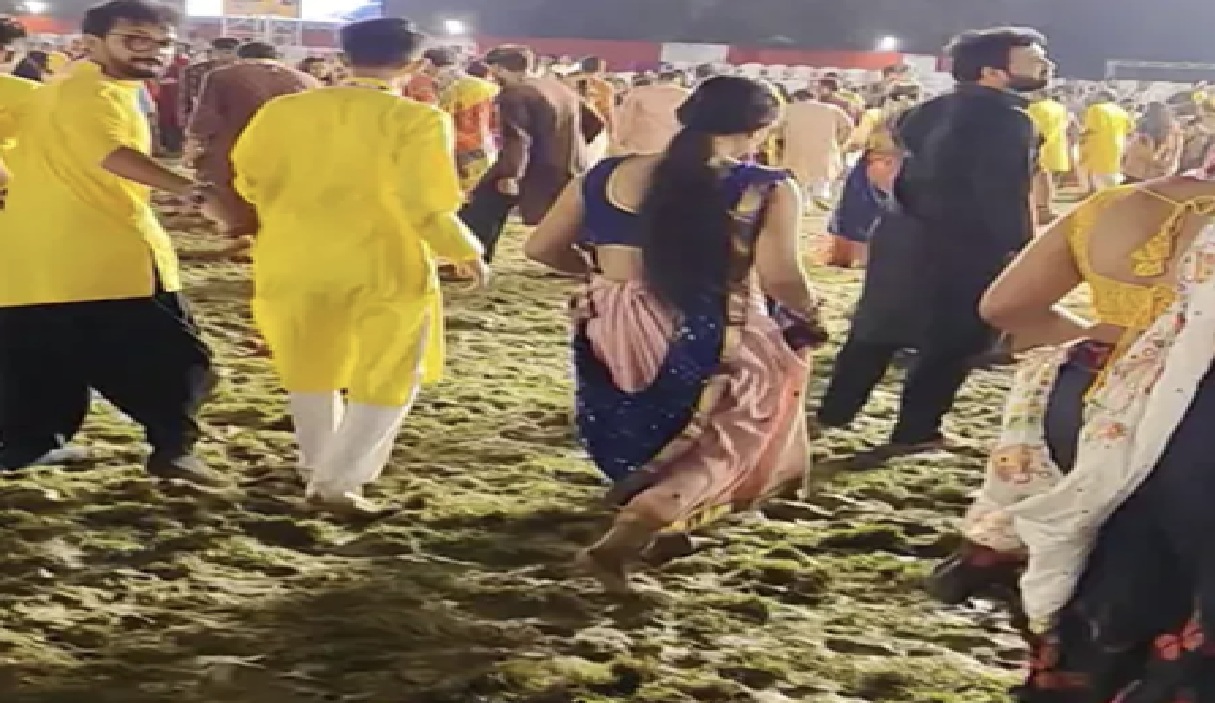
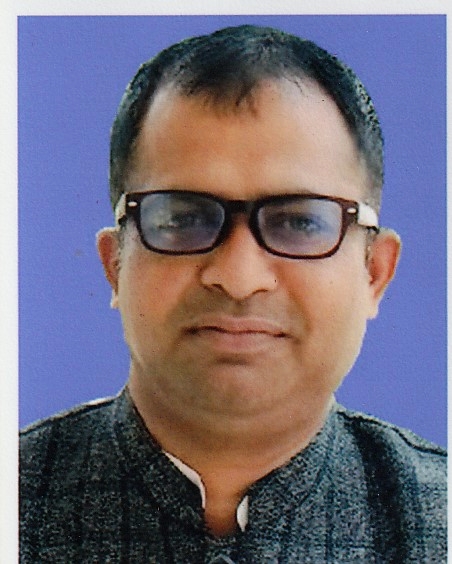



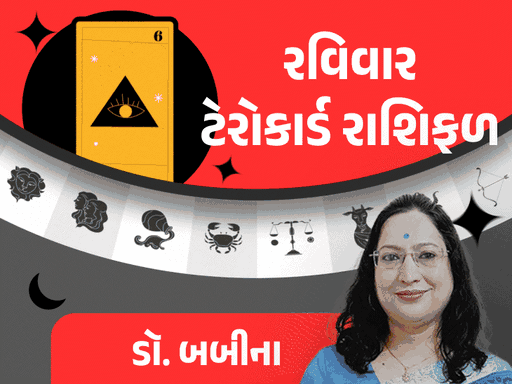
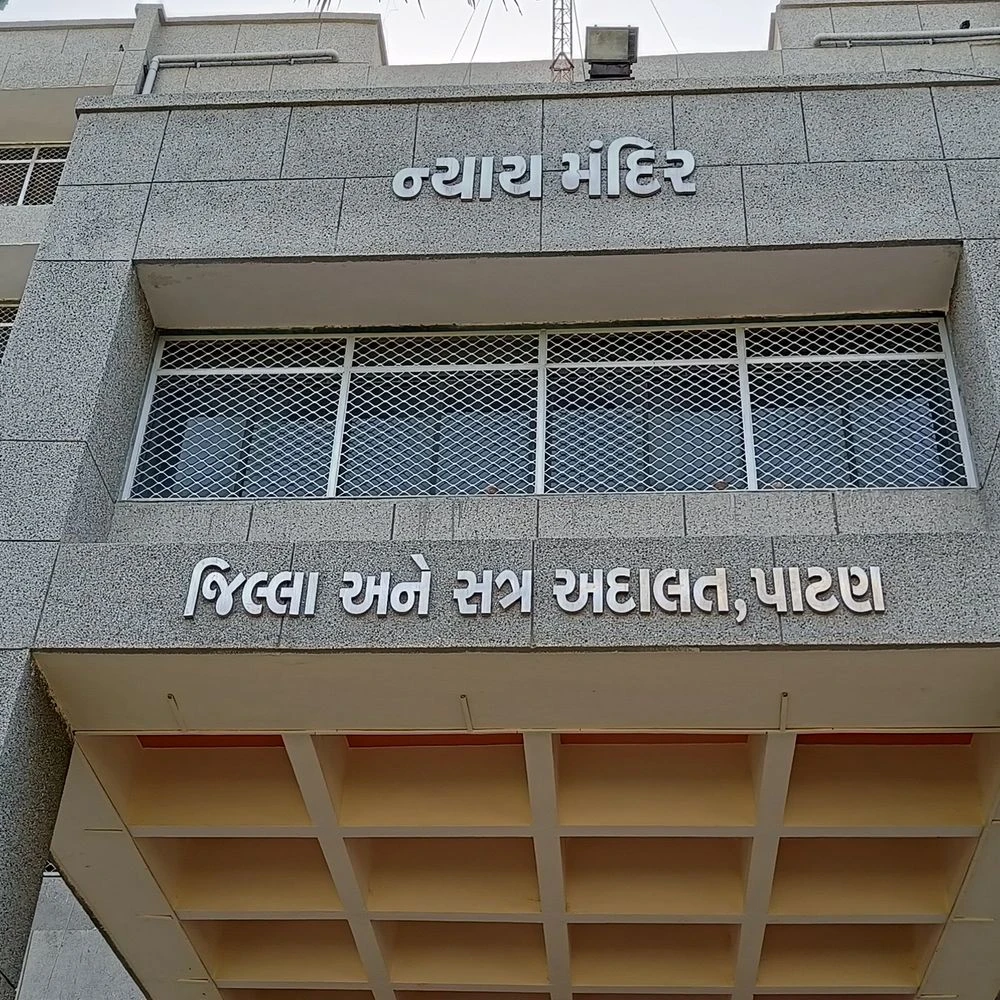

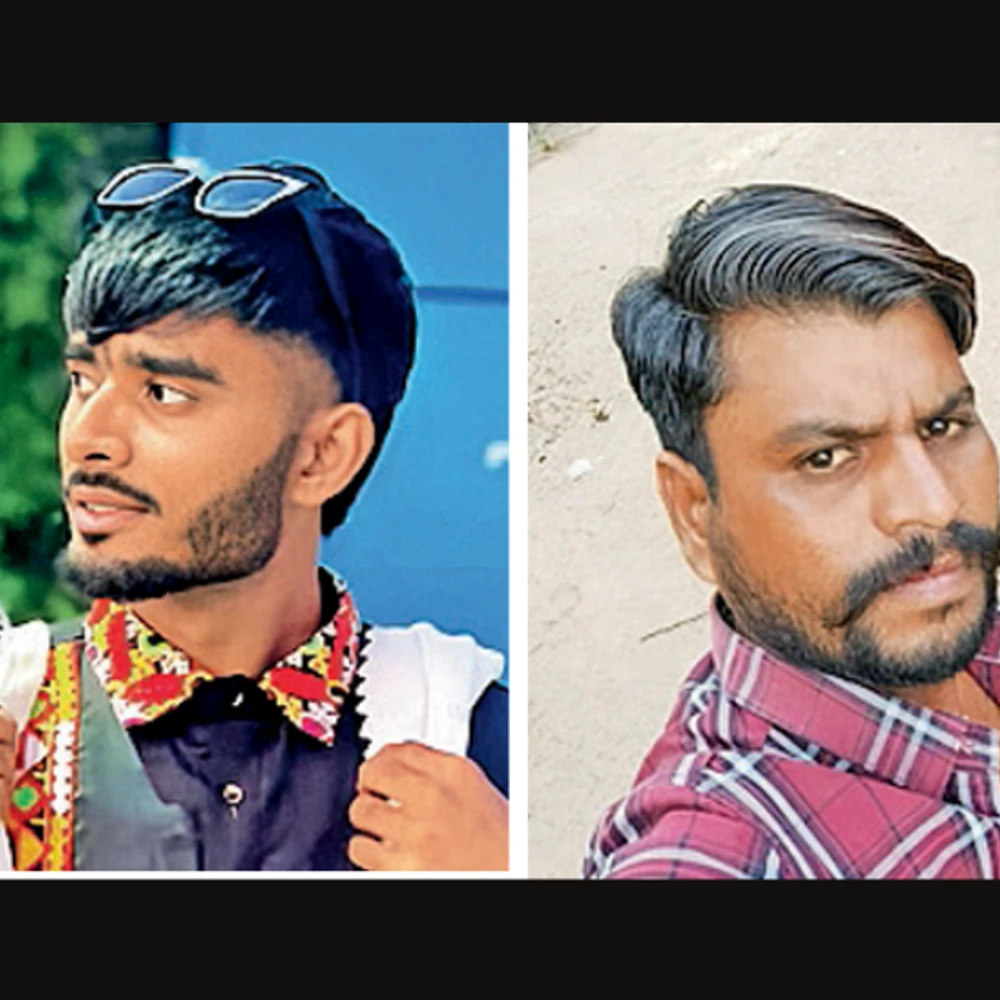

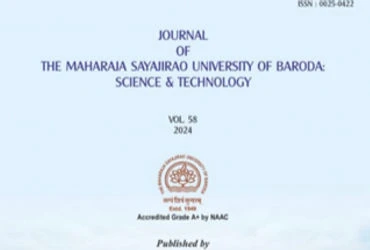

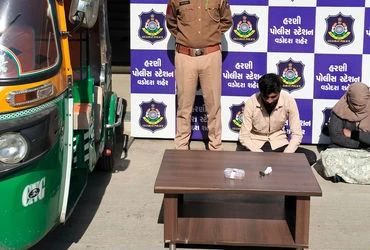




unknown
Rightly Said 👍🏻